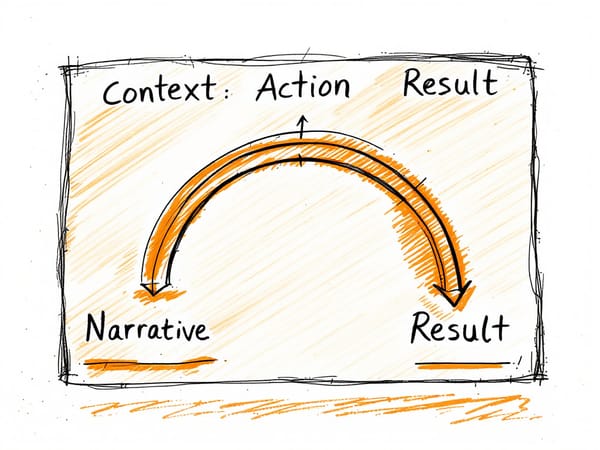What is a Case Interview?

Imagine this—you’re in a high-stakes meeting with your CEO, tasked with solving a critical business problem that could redefine the company’s future. The ability to dissect the issue, analyze data, and propose a clear, actionable solution makes all the difference. That’s exactly what a case interview is—a simulation of the strategic challenges consultants face every day.
For aspiring consultants, strategy professionals, and future Founder’s Office leaders, the case interview is more than just an interview—it’s a stage to showcase your problem-solving prowess, analytical rigor, and business acumen. It’s a test of how you think, communicate, and handle ambiguity in real-time.
Why Do Case Interviews Matter?
Consulting firms and strategy teams thrive on solving complex problems for their clients. Whether it’s optimizing a supply chain, entering a new market, or navigating an acquisition, these challenges require a structured, analytical, and creative approach.
Case interviews mirror these real-world challenges, allowing interviewers to evaluate whether you have the skills and mindset to tackle them. Beyond technical skills, they also test your ability to collaborate, adapt, and think critically under pressure—all traits essential for success in consulting and strategic roles.
Case Interview Format
A typical case interview lasts 20–25 minutes and consists of the following components:
1. Introduction (3–5 minutes)
This is where the interviewer sets the stage, shares the client context, and outlines the problem statement.
2. Fit Questions (5 minutes)
Before diving into the case, some interviewers may ask behavioral or fit questions to understand your motivations, experiences, and alignment with the firm’s culture.
3. Case Discussion (10–15 minutes)
The main part of the interview, where you:
- Clarify the Problem: Ask questions to understand the client’s goals, constraints, and priorities.
- Develop a Framework: Lay out a structured approach to tackle the problem.
- Analyze and Brainstorm: Work through calculations, explore hypotheses, and generate insights.
- Present a Solution: Summarize your findings, make recommendations, and suggest implementation steps.
4. Q&A (3–5 minutes)
Finally, the interviewer may ask follow-up questions or give you a chance to ask your own.
Tips to Succeed in a Case Interview
- Practice Frameworks:
Familiarize yourself with popular frameworks like:- Profitability Analysis (Revenue-Cost breakdowns)
- Market Entry Strategy (Market size, competitors, entry barriers)
- Growth Strategy (Organic vs. inorganic growth)
- M&A Strategy (Synergies, risks, valuation)
- Engage with the Interviewer:
Treat the case as a two-way discussion. Actively ask for input, clarify doubts, and confirm your thought process along the way. - Be Data-Driven:
Whenever possible, use data to support your conclusions. Show your ability to interpret charts, numbers, and trends effectively. - Communicate Clearly:
Avoid jargon. Use simple, structured sentences to articulate your thoughts and recommendations. - Practice Mental Math:
Many cases involve quick calculations. Practicing mental math can help you stay confident and save time. - Stay Calm Under Pressure:
If you’re stuck, don’t panic. Take a moment to regroup, summarize what you’ve done so far, and ask for clarification if needed.
Final Word
Cracking a case interview is all about preparation, practice, and confidence. By mastering frameworks, refining your problem-solving approach, and engaging actively during the discussion, you can demonstrate that you have what it takes to succeed in consulting.
If you’re serious about consulting case prep, bookmark this guide and start practicing today!


